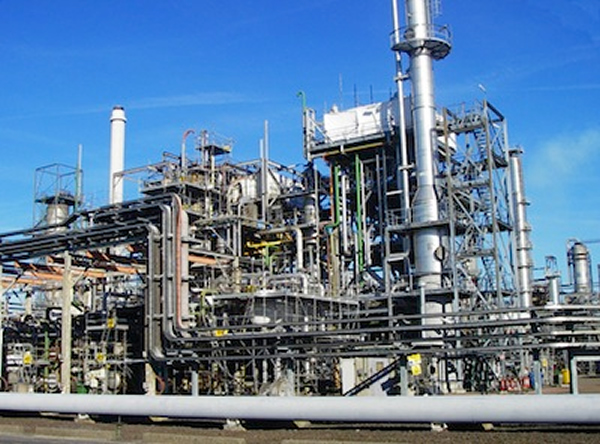Port Harcourt refinery finally working? Here’s what to know

After years of delay and broken promises, the Port Harcourt refinery in Nigeria has finally resumed fuel production, bringing hope to millions of Nigerians.
The Nigerian National Petroleum Company Limited (NNPC) confirmed this development on Tuesday, stating that truck loading would begin the same day.
“Port Harcourt Refinery begins production. Truck loading starts today, Tuesday,” NNPC spokesperson Olufemi Soneye said.
According to a statement shared on X (formerly Twitter), the first truckout of products was scheduled to commence at 1:45 pm, accompanied by a live streaming of the commissioning and trucking-out event.
However, as of the time of filing this report, the live streaming of the commissioning and trucking-out event had not started.
What to Expect
The refinery, located in Nigeria’s oil-rich Niger Delta, is beginning with a daily production capacity of 60,000 barrels. This output includes Premium Motor Spirit (PMS), diesel, and other refined products, which will help supply the domestic market.
This marks a significant achievement as it becomes the second functional refinery producing petrol in Nigeria, following the Dangote Refinery, which began operations in September.
READ ALSO
- Explainer: How to check if your church is licensed to issue marriage certificate
- 10 fact-based reasons why Nigeria’s economy is far from being in shambles
- Grass to Grace Series (32): Mark Angel — from N10k salary to multi-millionaire
A Long Road to Revival
The Port Harcourt Refinery has been in operation since 1965 but became inactive for several years. In March 2021, the Nigerian government secured a $1.5 billion loan to modernise the facility. Despite repeated promises, the refinery failed to meet deadlines on at least seven occasions, sparking frustration and skepticism among citizens.
The delays were attributed to the challenges of rehabilitating the aging facility. “As is common with brownfield projects of this scale and complexity, we encountered unforeseen risks and challenges,” Soneye explained.
The NNPC stated that mechanical completion was achieved earlier in the year, followed by the commissioning of critical equipment and processing units. These setbacks have now been resolved, enabling the refinery to begin operations.
What This Means for Nigerians
The resumption of operations has rekindled hopes of reducing the nation’s dependency on imported fuel. Many Nigerians are optimistic that refining crude oil locally will lower the cost of fuel, alleviate the burden of high energy costs, and bolster the economy.
The Port Harcourt Refinery is one of three refineries owned by the Federal Government and managed by the NNPC. With its revival, stakeholders and citizens alike are watching to see if this marks a turning point in Nigeria’s journey toward energy independence.
For now, the focus is on maintaining consistent production and ensuring the refinery delivers on its promise of easing fuel costs for Nigerians.

